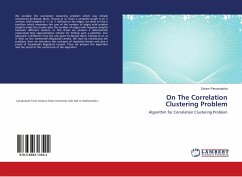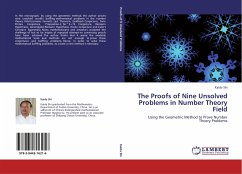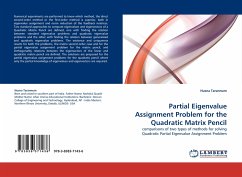We consider the correlation clustering problem which was initially introduced by Bansal, Blum, Chawla et al. Given a complete graph G on n vertices, with weights of +1 or -1 defined on the edges, we want to find a partition which maximizes the sum of the number of edges with positive weights inside the clusters plus the number of edges with negative weights between different clusters. In this thesis we present a deterministic polynomial time approximation scheme for finding such a partition. Our approach is different from the one given by Bansal, Blum, Chawla et al. as it relies on the Szemeredi's Regularity Lemma. We start by introducing the problem, then we introduce the concepts of regularity lemma and give a proof of Szemeredi's Regularity Lemma. Then we present the algorithm and the proof of the correctness of the algorithm.
Bitte wählen Sie Ihr Anliegen aus.
Rechnungen
Retourenschein anfordern
Bestellstatus
Storno








